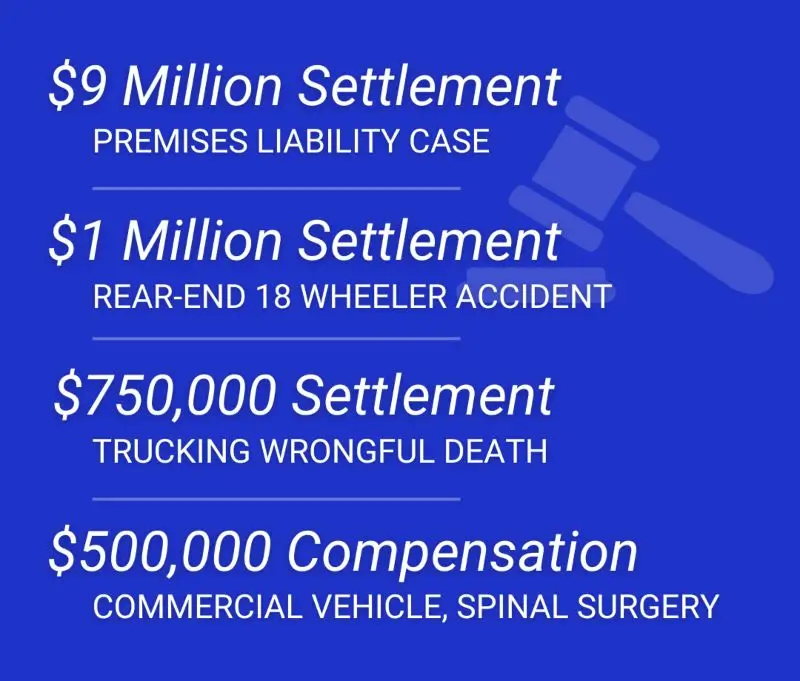Are you navigating the aftermath of an accident? Perhaps you’re considering legal action against someone whose neglect resulted in your injury. Whatever the case, knowing a bit about personal injury law boosts your confidence and affects your decisions. This guide spells out the essential personal injury legal terms you should know, helping you communicate more effectively with your personal injury lawyer and navigate your case successfully.

A personal injury claim is a legal case you can initiate if you’ve been harmed in an accident due to someone else’s negligence. This claim is filed to seek compensation for your injuries and related losses.
The plaintiff, or complainant, is the person who brings a lawsuit against another party. In personal injury cases, the plaintiff is the injured individual.
The defendant is the person or entity accused of being responsible for the plaintiff’s injuries. They must defend their actions or inaction in court.
The statute of limitations for personal injury claims is generally two years from the date of the accident. This means you have two years to file a lawsuit against the parties responsible for your injuries.
Compensation, or damages, refers to the money awarded to the plaintiff in a personal injury case. It covers medical expenses, lost wages, pain and suffering, and other losses.
Duty of care is a legal obligation requiring individuals to adhere to a standard of reasonable care while performing any acts that could potentially harm others.
Negligence occurs when someone fails to exercise the duty of care that a reasonably prudent person would in a similar situation, leading to injury or damage.
Assumption of risk applies when an individual knowingly exposes themselves to a dangerous situation, such as running a stop sign, thereby assuming the risk of injury.
Premises liability involves an injury case where a defective or unsafe condition on someone’s property causes harm.
Fault refers to the responsibility for an accident or injury. Establishing fault is crucial in personal injury cases because it affects the plaintiff’s compensation.
Discovery is a phase in the litigation process where both parties exchange information and gather evidence to build their case.
A settlement is an agreement between the plaintiff and defendant to resolve a lawsuit out of court, preventing it from going to trial.
A verdict is the final, legally binding decision made by a judge or jury if the injury case goes to court.
At Nava Law Group, we bring over 150 years of combined legal experience to your case, having successfully recovered over $1 billion in compensation for our clients. Our highly qualified personal injury attorneys focus on meeting your needs and achieving your goals. With a response team available 24/7, reaching one of our experienced lawyers when you need us is easy. If you’re struggling with the aftermath of a personal injury, contact us at 713.661.9900 for a free consultation in Houston, Bellaire, Edinburg, or Austin, TX. We are here to help you win, inside or outside the courtroom.








